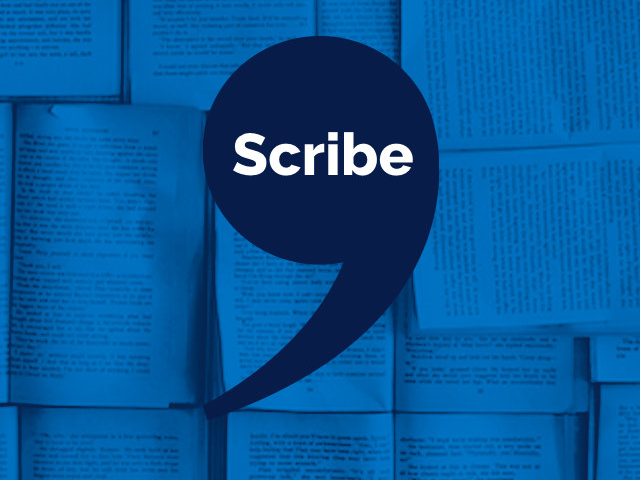“Every book has a moment, where everything just clicks—you know all the beats that remain to get you to the end. And at that point it’s mostly a matter of getting it out of your fingers.”
-Marshall Ryan Maresca
 On September 16, Marshall, along with fellow author Amanda Downum, will teach “Worldbuilding for Speculative Fiction” at St. Edward’s University in Austin, TX. This class will introduce strategies for building a fictional world that readers don’t know, either because you invented it or because they’ve never been there. We asked Marshall about the books he’s learned from, challenges he’s faced in his own work, and what people will take away from the class.
On September 16, Marshall, along with fellow author Amanda Downum, will teach “Worldbuilding for Speculative Fiction” at St. Edward’s University in Austin, TX. This class will introduce strategies for building a fictional world that readers don’t know, either because you invented it or because they’ve never been there. We asked Marshall about the books he’s learned from, challenges he’s faced in his own work, and what people will take away from the class.
What is a book that you recommend to people over and over? What makes it so compelling?
I don’t have to recommend it much, because it’s an enduring classic, but Watership Down is the book I constantly go back to. It stands out, not just for its gorgeous storytelling and impeccable craft, but for the rich world building that is woven throughout it. It’s the gold standard for creating a culture that is both utterly foreign yet immersive.
In your own work, what has been one challenge posed by the craft, structure, voice, etc., of a book that you’ve had to puzzle out?
The biggest thing I struggle with is the connective tissue, getting the characters from place A to place B in an organic way. For example, if I need two characters to independently reach the same place, I have to work out how each of them reach that conclusion, beyond the obvious Hand-Of-The-Author pushing them there.
Has there been a moment of epiphany in terms of your work, when you thought, “This is it! Now I know what I’m doing?” How long did that feeling last?
Every book has a moment, where everything just clicks — you know all the beats that remain to get you to the end. And at that point it’s mostly a matter of getting it out of your fingers. Usually that lasts until the end of the book. Not always, but usually.
What piece of advice do you find yourself giving to writers again and again?
That I can’t teach you your process of writing— I can only show you my toolbox, and let that help you discover your process.
What is one thing that people will take away from this class?
That worldbuilding is not only a vital element of speculative fiction, but that the process of it can be an engaging activity, and the application of it in prose doesn’t need to be lifeless recitations of details.
—
Thanks, Marshall!
Click here to learn more about and register for Marshall’s class.
Click here for our current class schedule.









